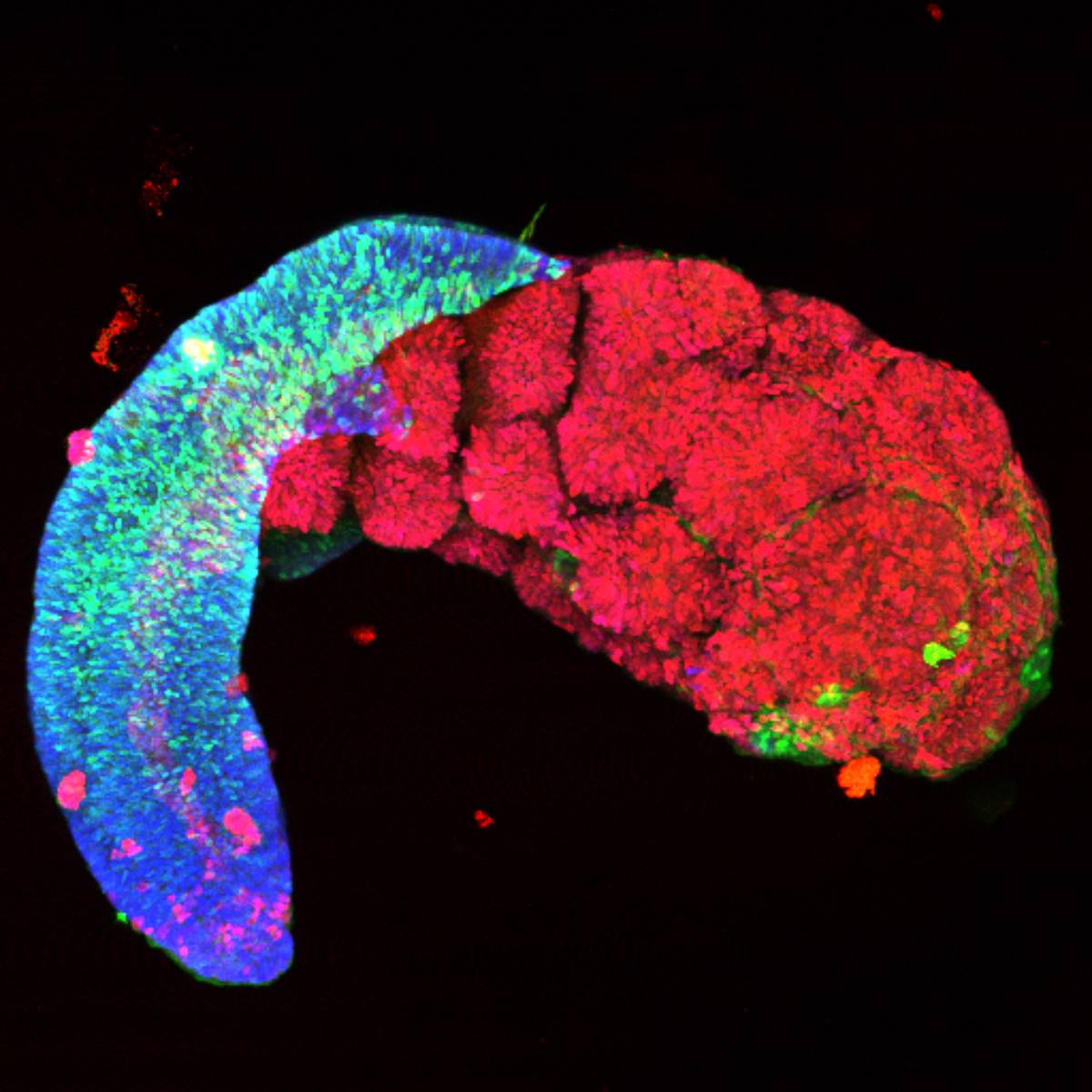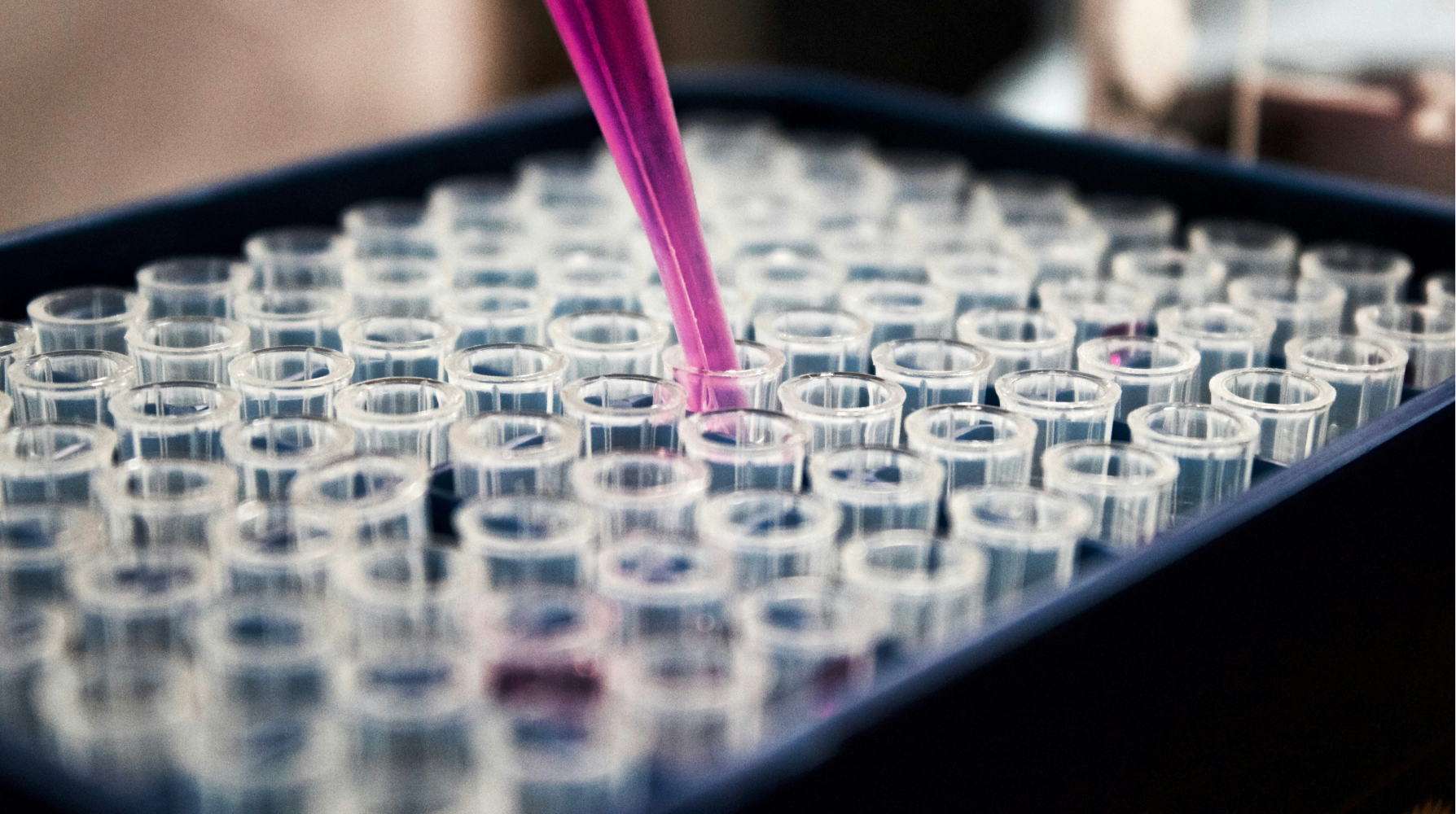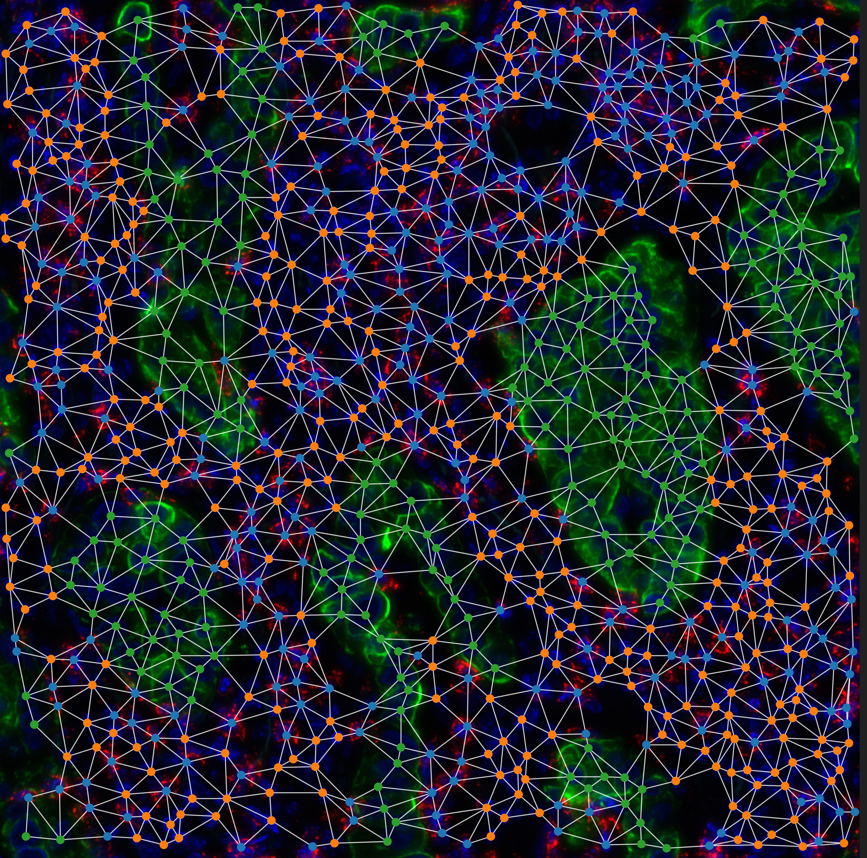
DATA MED
Data sub-project : Harnessing the power of data to understand pediatric cancers
Overview
The Cell-ID Data sub-project addresses the challenges posed by the analysis of the massive, complex and heterogeneous data generated in the Cell-ID project. These data, characterizing the single cell within its spatial and temporal context, are essential for deciphering the mechanisms that disrupt cell fate and trigger the development of pediatric cancers.
Thomas Walter, head of the “Statistical Machine Learning and Modelling of Biological Systems” team of the U1331 “Computational Oncology” unit of the Institut Curie.
Daniel Jost, head of the “Physical Biology of Chromatin” team of the UMR 5239 and INSERM 1293 “Biology and Modelling of the Cell” (LBMC) unit.
Predictive models of cell trajectories based on massive biological data, to anticipate and understand neuronal deviations
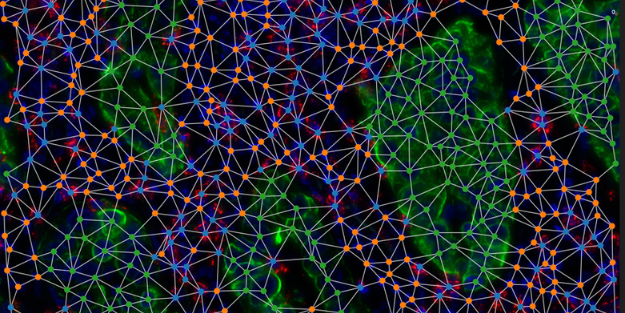
Key objectives
- Create a data management infrastructure capable of storing, sharing and securing data, while ensuring compliance with legal and ethical constraints.
- Develop AI-based analysis tools to integrate omics, image and other data sources and extract crucial information from them.
Multi-scale modeling of the molecular basis of cell fate decisions to understand the mechanisms of tumor formation in pediatric cancers
Resources deployed
Data management infrastructure
- Set up a data management plan (DMP) to define rules for data collection, documentation, security and sharing
- Deployment of a cyberinfrastructure capable of processing petabyte-scale data, based on local and national networks, such as the Institute Curie’s bioinformatics platform
- Development of a secure web portal providing centralized access to anonymized, pre-processed data for downstream analysis
Analysis and integration tools
- Creation of bioinformatics pipelines to pre-process and analyze data from technologies such as spatial transcriptomics or mass spectrometry.
- Design of artificial intelligence models capable of imputing missing data, analyzing 2D and 3D images, and linking omic information to cellular phenotypes.
- Development of multimodal integration solutions to combine different data sources and reconstruct cell trajectories across time and space.
- Development of mechanistic and multiscale modeling tools for chromatin and transcription regulation and its role in cell fate regulation.
Sharing and dissemination of results
- Publication of the data and tools developed in open access, following the FAIR principles (Findable, Accessible, Interoperable, Reusable).
- Collaboration with international initiatives such as the Human Cell Atlas (HCA) and Euro-BioImaging to ensure the visibility and interoperability of the data produced.
Expected results
The Data project will provide an unprecedented resource for research into The Data sub-project will provide a unique resource for pediatric cancer research, including :
- A centralized database of cell profiles.
- Pipelines and algorithms accessible to the scientific community.
- Predictive models to identify early anomalies and propose therapeutic interception strategies.
By combining infrastructure, AI and international collaborations, Cell-ID’s Data project aims to transform data into actionable knowledge to improve the management of pediatric cancers.
Med sub-project: Intercepting pediatric brain tumors
Overview
The Med sub-project aims to understand and intercept the onset and progression of pediatric brain tumors, specifically:
Atypical rhabdoid teratoid tumors (ATRT)
Medulloblastoma (MB)
High-grade pediatric gliomas (pHGG), including:
Diffuse midline gliomas (DMG)
Hemispheric gliomas (DHG) with histone H3.3 mutations
Laure Bally-Cuif, head of the “Neurogenetics of the zebrafish” team of the CNRS UMR3778 “Development biology and stem cells” unit of the Pasteur Institute.
David Castel, researcher in the “Genomics and oncogenesis of pediatric brain tumors” team of the UMR 981 “Molecular predictors and new targets in oncology” of the Gustave Roussy Institute.
Why these tumors?
- Complexity of the “cell of origin”: the same mutation can generate different tumors depending on the cell of origin or the microenvironment
- Common epigenetic alterations: these tumors frequently present mutations affecting chromatin regulation
- Early development: these cancers often develop during the embryonic period or shortly after birth
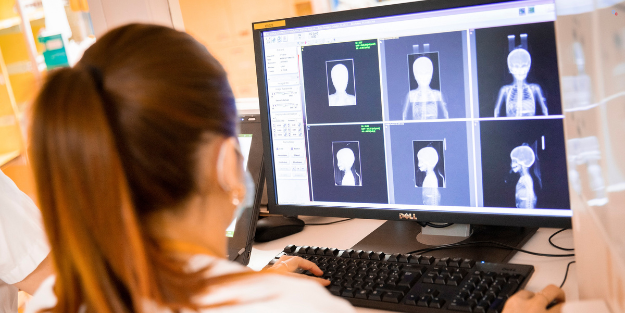
Key objectives
Map the early stages of tumor development
- Study (epi)genetic signatures and cells of origin in tumor models constructed in animal models (mouse, Drosophila) and brain organoids.
- Identify events that disrupt cell differentiation and promote tumor transformation.
Validate the hypotheses in human models
- Use brain organoids derived from patient stem cells or carrying oncogenic mutations to recreate and study tumor development.
- Use primary tumor samples to identify specific signatures of cellular dysregulation.
Identify “second hits” that promote tumor progression
- Perform CRISPR screens in tumor models to discover new mutations or critical epigenetic alterations.
- Test treatments targeting these alterations in experimental models.
Translate discoveries into clinical interventions.
- Develop strategies to detect and treat tumor recurrence.
- Testing “epidrugs” and other therapeutic agents aimed at restoring cell differentiation or slowing tumor progression.
Long-term impact
The results of the MED sub-project will enable:
- Earlier diagnosis thanks to the identification of specific molecular signatures.
- New therapeutic approaches to improve follow-up and management of pediatric brain tumors.
- Expanded applications for other types of pediatric cancer and related neurodevelopmental disorders.
Les autres projets PEPR
